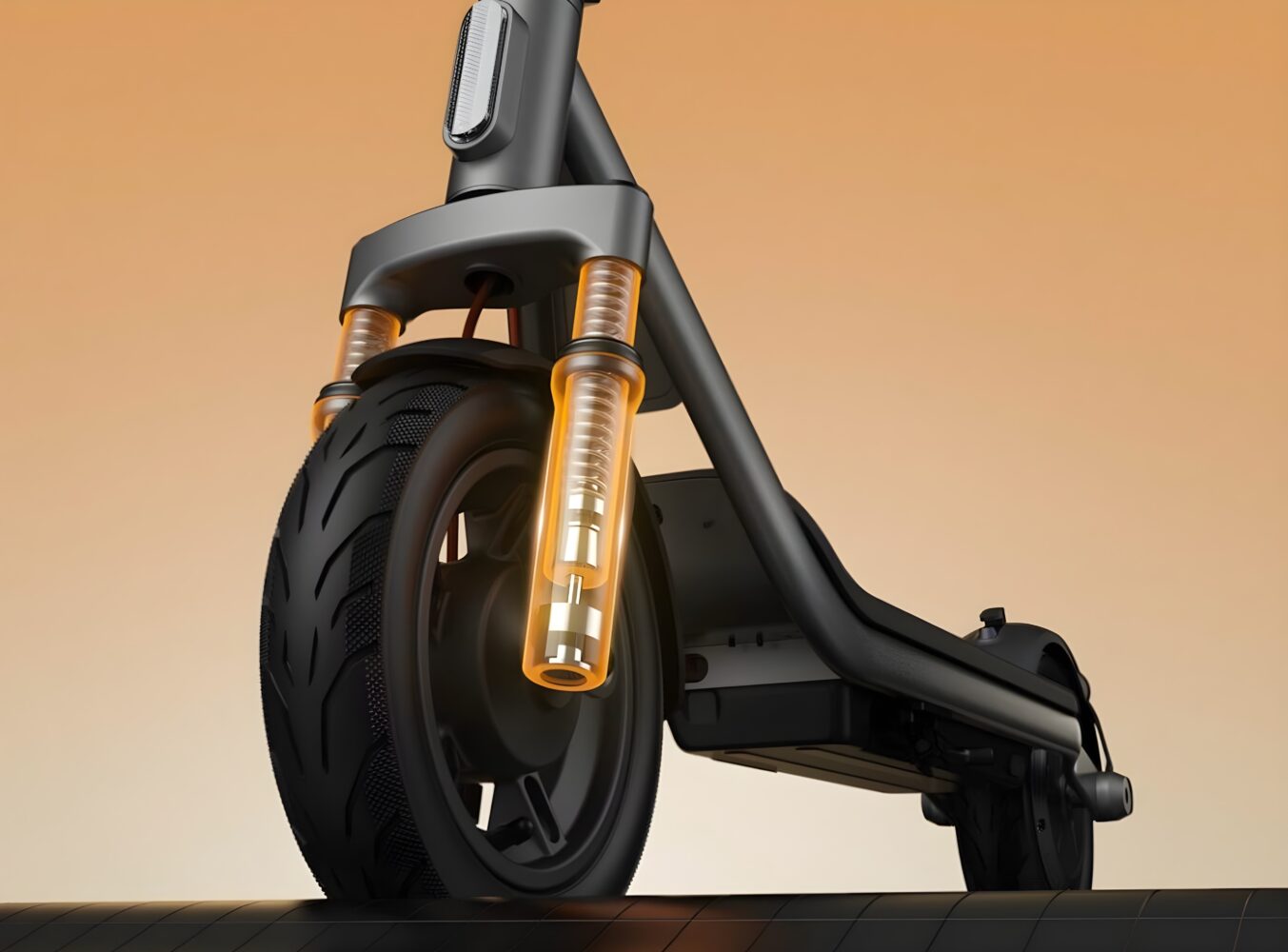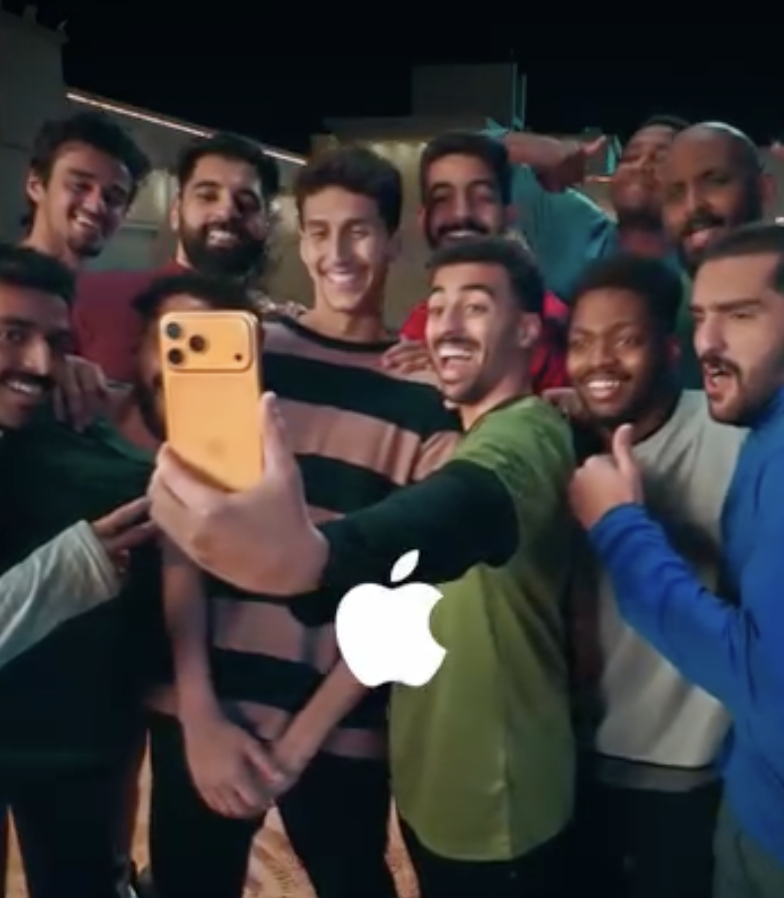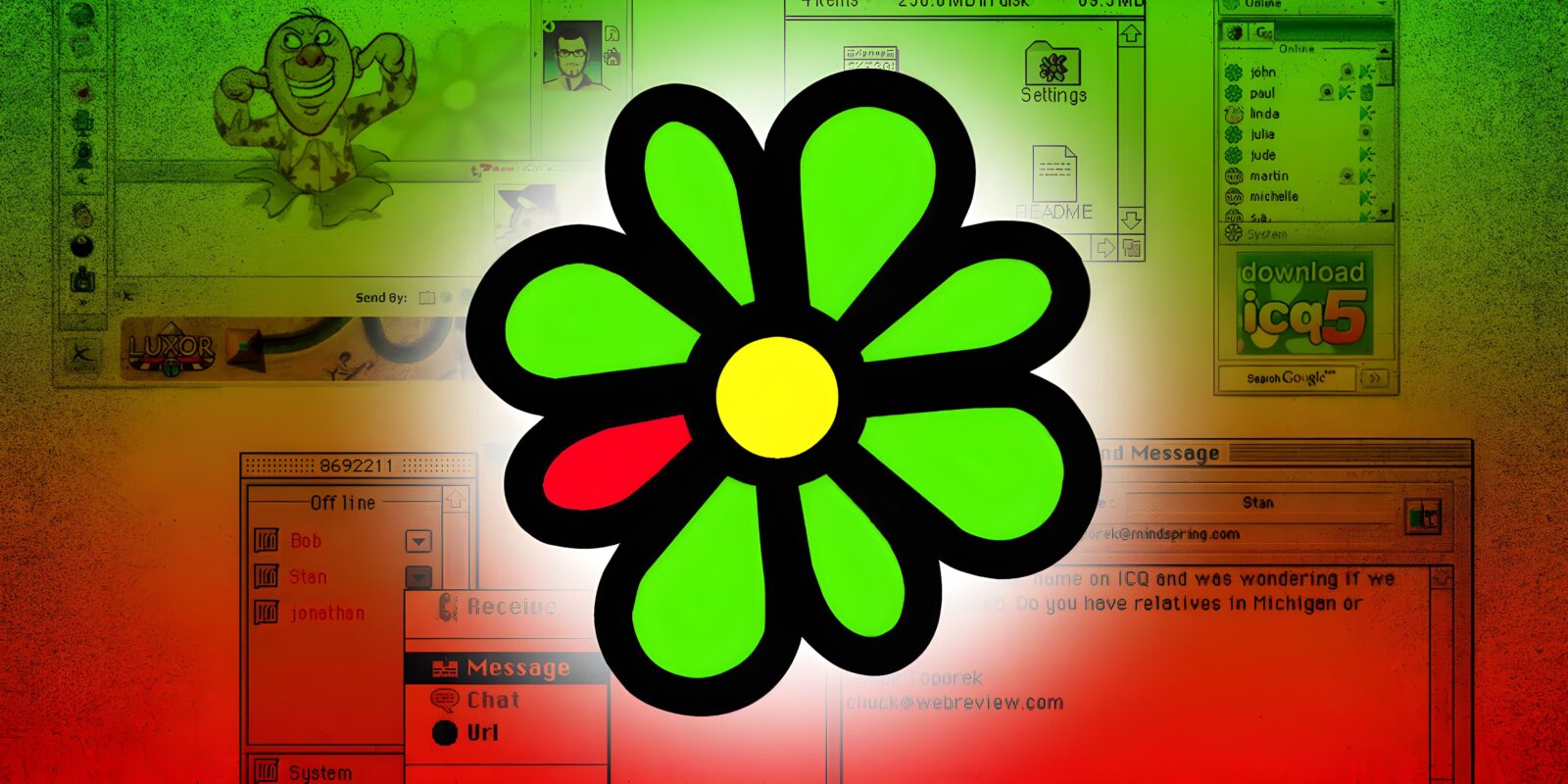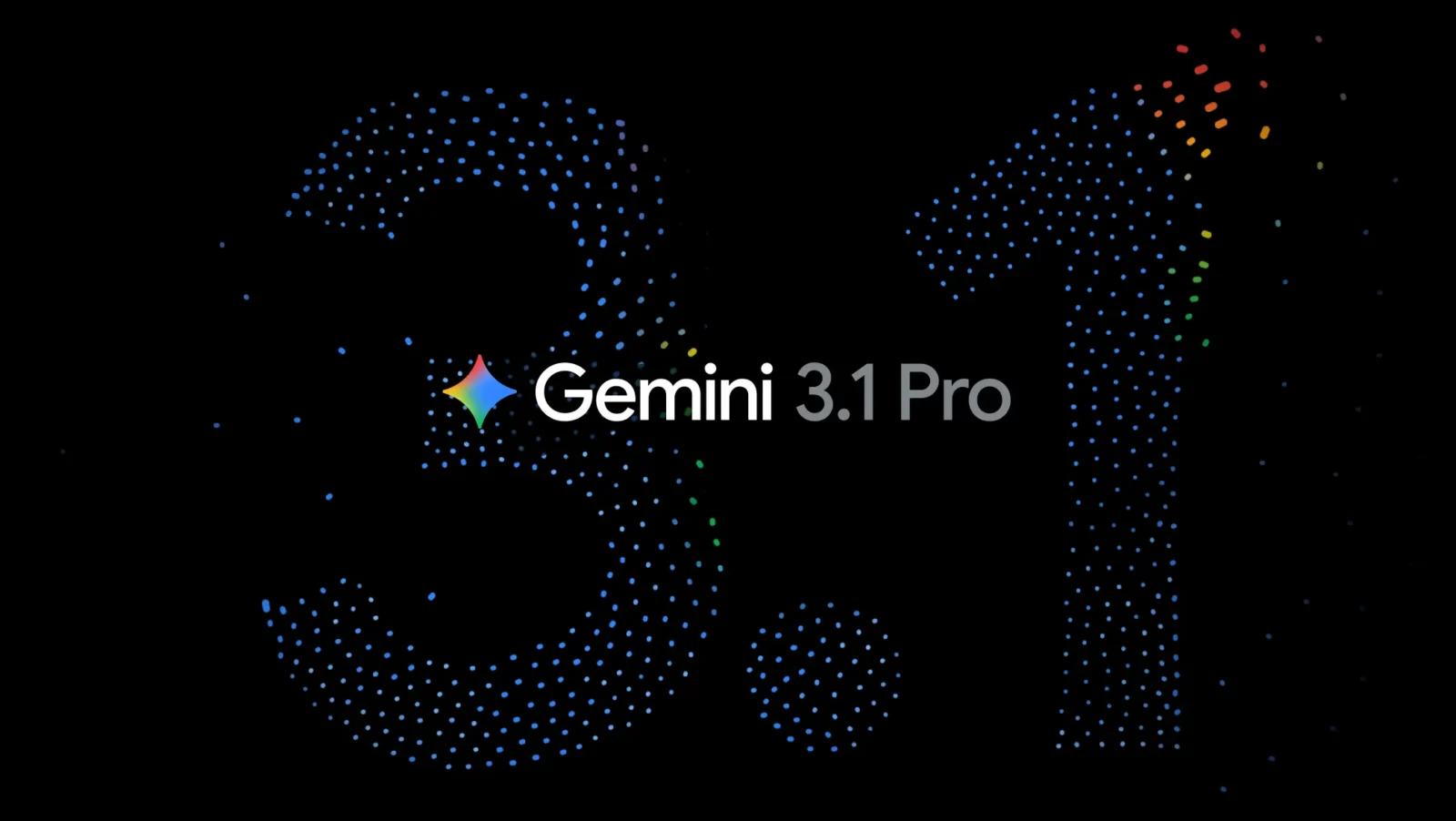Android is a mobile operating system developed by Google and based on the Linux kernel. It was first announced in 2007 and released in September 2008. Since then, Android has become the most popular operating system in the world, powering over 2.5 billion active devices as of 2021.
Here is a brief history of Android:
- In 2003, Android Inc. was founded by Andy Rubin, Rich Miner, Nick Sears, and Chris White. The company’s goal was to develop a mobile operating system based on open standards and the Linux kernel.
- In 2005, Google acquired Android Inc. for an undisclosed amount. Many of the original Android team members, including Andy Rubin, joined Google as part of the acquisition.
- The first public version of Android, Android 1.0, was released in September 2008. It was available on the HTC Dream (also known as the T-Mobile G1) and featured basic smartphone functionality such as email, web browsing, and camera support.
- Android 1.5, also known as Cupcake, was released in April 2009. It introduced several new features such as video recording and support for third-party virtual keyboards.
- Android 2.0, also known as Eclair, was released in October 2009. It featured a refreshed user interface and new features such as support for multiple accounts and improved camera functionality.
- Android 2.3, also known as Gingerbread, was released in December 2010. It introduced a new user interface design and several new features such as support for NFC (Near Field Communication) and improved power management.
- Android 4.0, also known as Ice Cream Sandwich, was released in October 2011. It featured a major user interface overhaul and several new features such as support for facial recognition unlocking and the ability to take screenshots without third-party apps.
- Android 4.4, also known as KitKat, was released in October 2013. It featured a new design language called Material Design and several new features such as support for low-power sensors and the ability to print from your Android device.
- Android 5.0, also known as Lollipop, was released in November 2014. It featured a major design overhaul and several new features such as support for 64-bit processors and a new battery-saving mode called Doze.
- Android 6.0, also known as Marshmallow, was released in October 2015. It introduced several new features such as support for fingerprint scanners and the ability to control individual app permissions.
- Android 7.0, also known as Nougat, was released in August 2016. It introduced several new features such as support for split-screen multitasking and a new notification system.
- Android 8.0, also known as Oreo, was released in August 2017. It introduced several new features such as picture-in-picture mode and support for adaptive icons.
- Android 9.0, also known as Pie, was released in August 2018. It introduced several new features such as gesture navigation and a new digital wellbeing dashboard.
- Android 10 was released in September 2019. It introduced several new features such as a system-wide dark mode and improved privacy controls.
- Android 11 was released in September 2020. It introduced several new features such as a new media playback interface and improved support for foldable devices.
- Android 12 was released in October 2021. It introduced several new features such as a redesigned notification shade and support for scrolling screenshots.
- Android 13 is the thirteenth major release of the Android mobile operating system, developed by Google, released for the public on August 15, 2022.
- The current version is Android 14, released in beta in early February 2023







